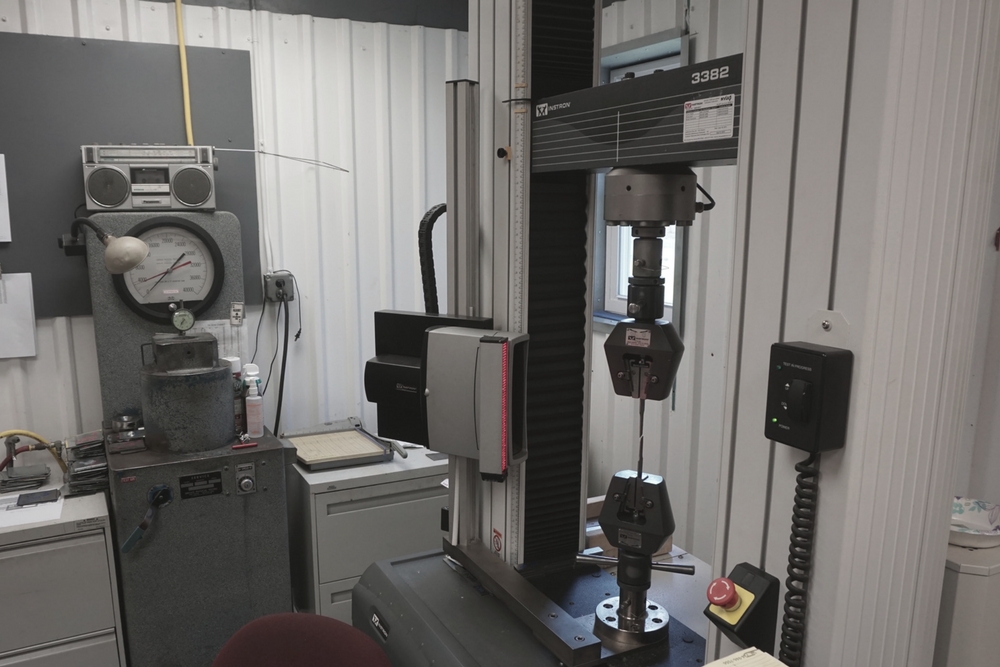If you work in the steel industry, you understand that there are all sorts of varieties of steel used for a myriad of applications. Because of these varying applications and products, steel’s HARDNESS (as measured on the ROCKWELL SCALE) should fit the needs of the finished product. To find the best fit for the job, steel is generally categorized into four main grades of steel for buyers to purchase. These grades are determined by the overall hardness of the steel and manufacturers can select the grades based on which type of product and application the steel will be used for.
Commercial Steel (CS/CQ) Typical Rb range 40-65
Commercial Steel represents the most common quality of steel that is mainly used for flat applications. Buyers looking for steel that requires little to no draw or bend would consider commercial steel a good option. Drawability is essentially the formability or structural softness of steel. If you were to think of bending or shaping steel, the harder that steel is (or the higher the Rockwell) the sturdier the steel will be. Many commercial products used in the automotive and furniture industry are manufactured from commercial grade steel.
Drawing Steel (DS) Typical Rb range 35/50
As you’d imagine, drawing steel is regarded as having a higher drawability than commercial grades. Drawing steel is a softer steel that typically contains less than .05 percent carbon. If a customer’s product needed the ability to be moderately bent or shaped in the manufacturing process, then drawing would be a suitable choice.
Deep Drawing Steel (DDS) Typical Rb range 25/40
Deep drawing steel is reserved for fairly severe drawing applications. An example of deep drawing steel would be the softness of an aluminum can and how easily formable it is. The process of deep drawing is to radically draw into a sheet metal blank with a forming die through a fast and hard punch or hit made by a machine. This transforms the shape through material retention. The process is considered “deep drawing” when the depth of the part that’s drawn exceeds its diameter. Deep drawing steel should be used for these deep drawing applications.
Extra Deep Drawing Steel (EDDS) Typical Rb range 15/30
For the last of the four common steel grades, there is extra deep drawing steel. This grade is for really severe drawing applications. EDDS really only allows for the product to be hit with a one or two hit draw. If it is hit more than that, then issues will be had with splitting of the steel. This is why it’s important for customers not to order extra deep drawing steel if they will be sending it through several different hits because it will fail.
How Hascall Steel Determines the Grades
As stated above, the determining factor in identifying steel grades is hardness. Steel’s hardness is measured using the Rockwell scale; and the softer steels are represented by LOWER Rockwell numbers.
Rb’s are not the only determining factor of steel, chemistries, physicals, annealing cycles, etc. all play an important role in making various grades of steel. But a simple Rb test can help guide you in determining what you may need.
When Hascall Steel receives a shipment of steel from our suppliers, our own in-house laboratory accurately tests the mechanical properties to determine both the Rockwell and the tensile, yield, and elongation (TYE). This gives us trustworthy data, and allows us to confirm Rockwell results against our purchase order documents. Having an in-house lab at Hascall Steel is an advantage to us in our pursuit of knowing our material, and accurately matching our inventory to our customers grade requirements.

